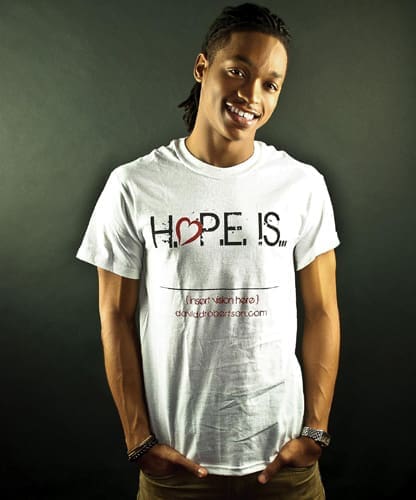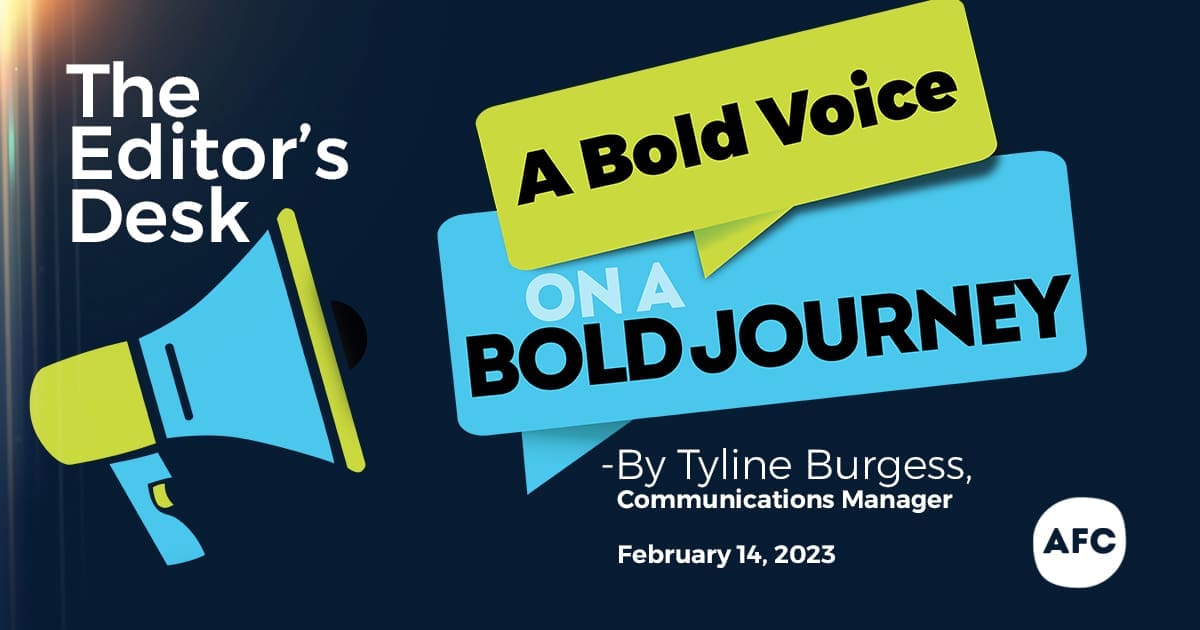
David D. Robertson is an empowerment speaker and blogger based in Chicago, Bronzeville to be exact. He recently took the time to write about his life, as an HIV-positive young black man, and his community for Inside Story. You can find out more about Robertson (pictured at right) on his website.
***
HIV/AIDS first walked into my life in the fall of 2004. My aunt and mother’s youngest sister died due to complications related to her AIDS diagnosis. I was 20 years old.
In the winter of 2005, my older brother, Harry, was diagnosed with AIDS, tuberculosis and Hepatitis B.
And in the summer of 2007, at age 23, I was diagnosed with HIV.
As a young black man and a part of the MSM (men who have sex with men) population, I have personally felt HIV/AIDS infiltrate and ravage my family nucleus and community.
Without Ryan White funding and ADAP (the AIDS Drug Assistance Program), I don’t believe that I would be alive, healthy and with an undetectable HIV viral load. My hope is to put the national spotlight on the boldest fact that everyone knows, but is not talking about: Nationally, adolescent and young MSM black men are the only group experiencing a significant statistical rise in new infected HIV infections.
As a global citizen, it burdens my heart that these young men — my peers and brothers — are being affected and infected at such rapid rates.
But I have hope!
I have hope in the promise of healthcare reform, hope in biochemical interventions and in community mobilization. And I have hope to one day be a part of the generation that finds a cure for HIV/AIDS.
HIV/AIDS is the crux of life for many young black MSM men in communities across the country. The issue is not that we don’t want or need the help. The issue is, do we as a nation have the hope, heart and prudence to educate ourselves on the facts and to eliminate the stigma around this disease so we can link these young men into care?
I stand as an advocate and a brother to these young men who have allowed for this disease to take away their ability to live. Investing in young black MSM men’s health and improving access to treatment is the best thing we can do to deepen our commitment.
I believe that one day my brothers and I will hear from our community leaders, policy makers and educators: “You are not invisible. You are our priority.”

